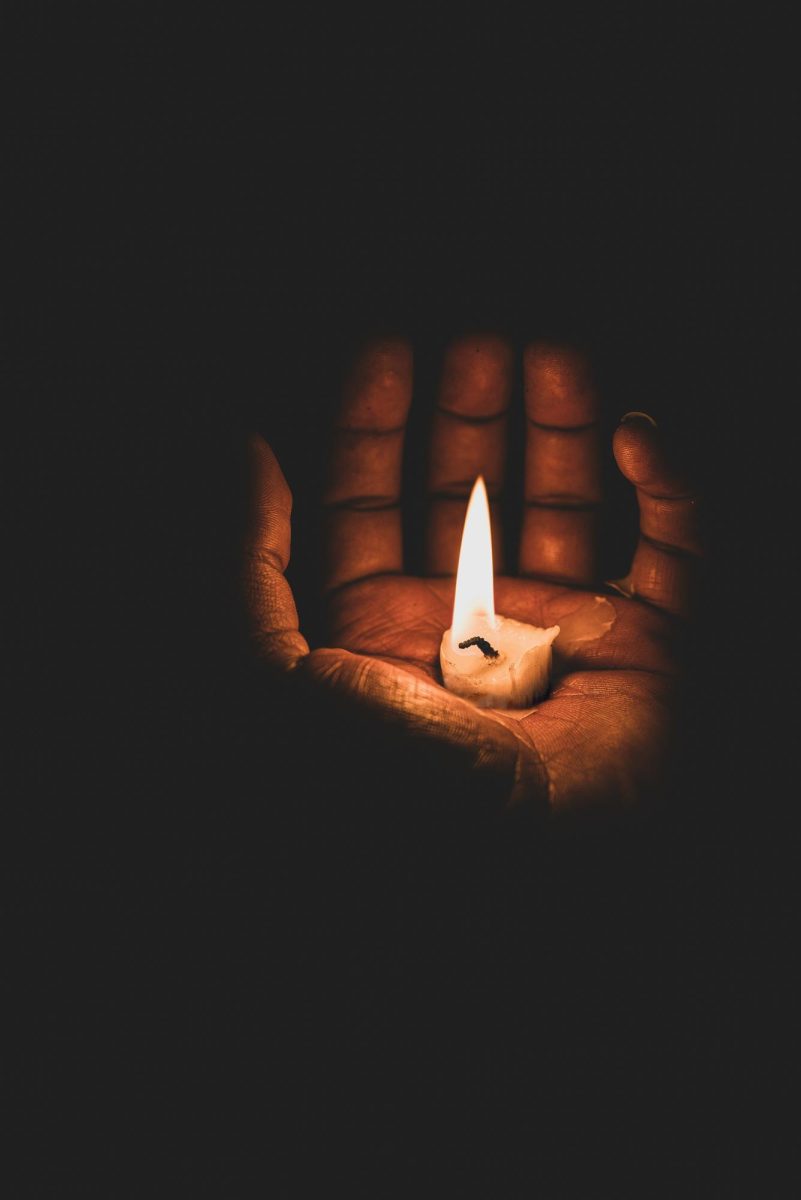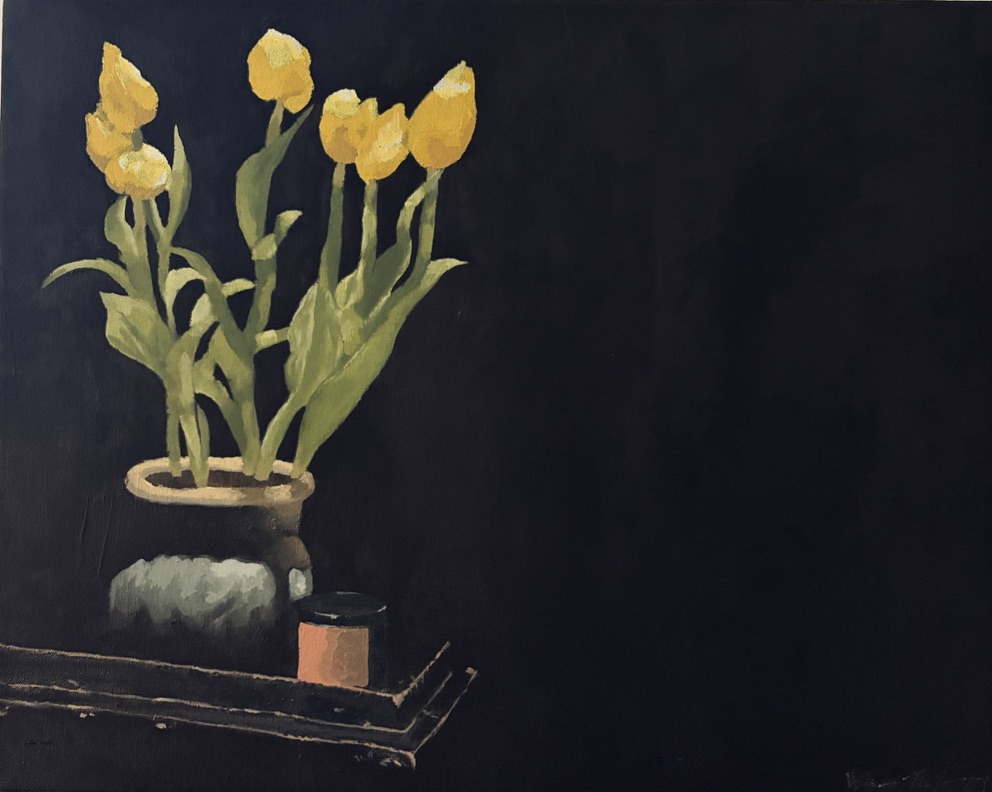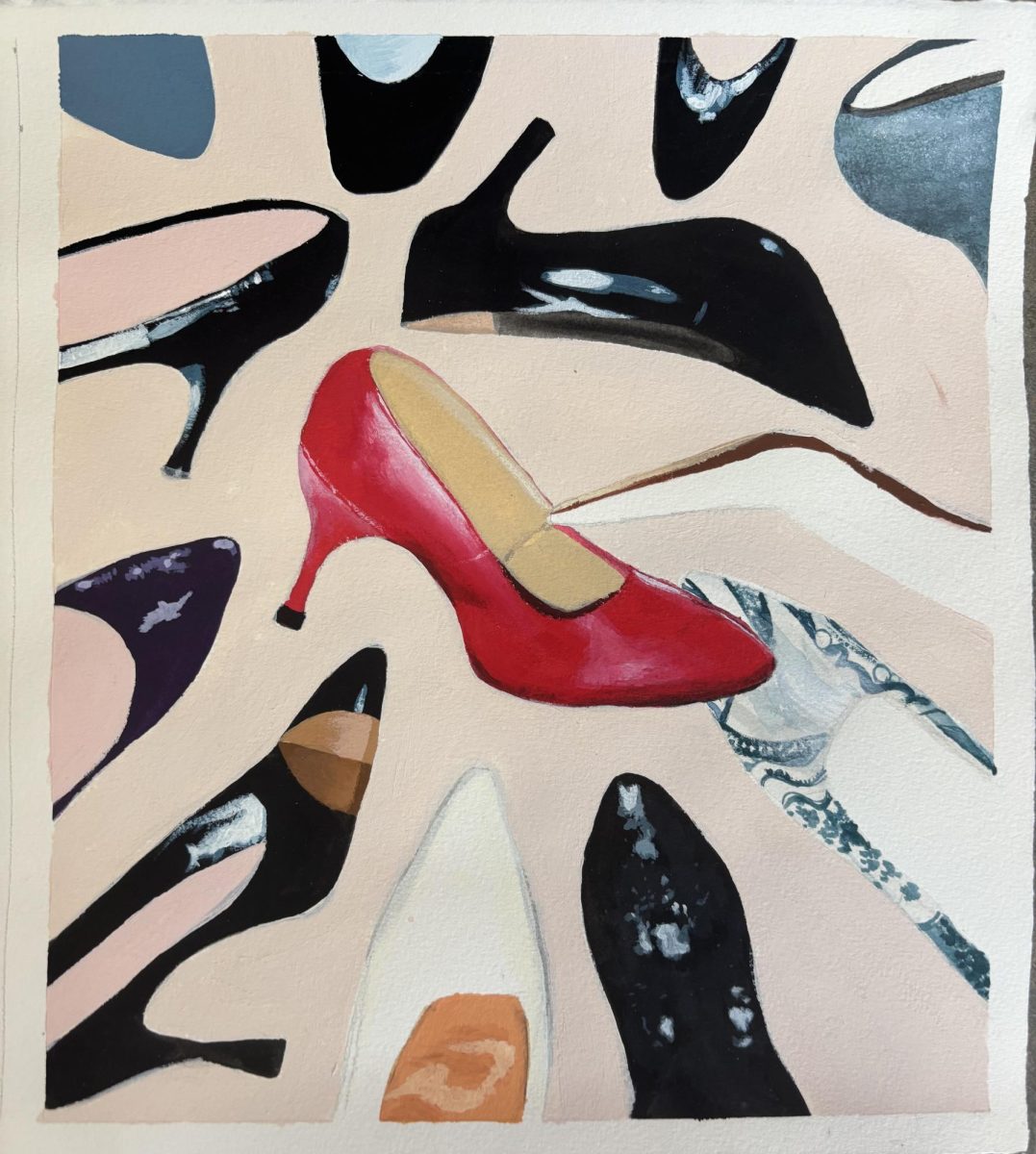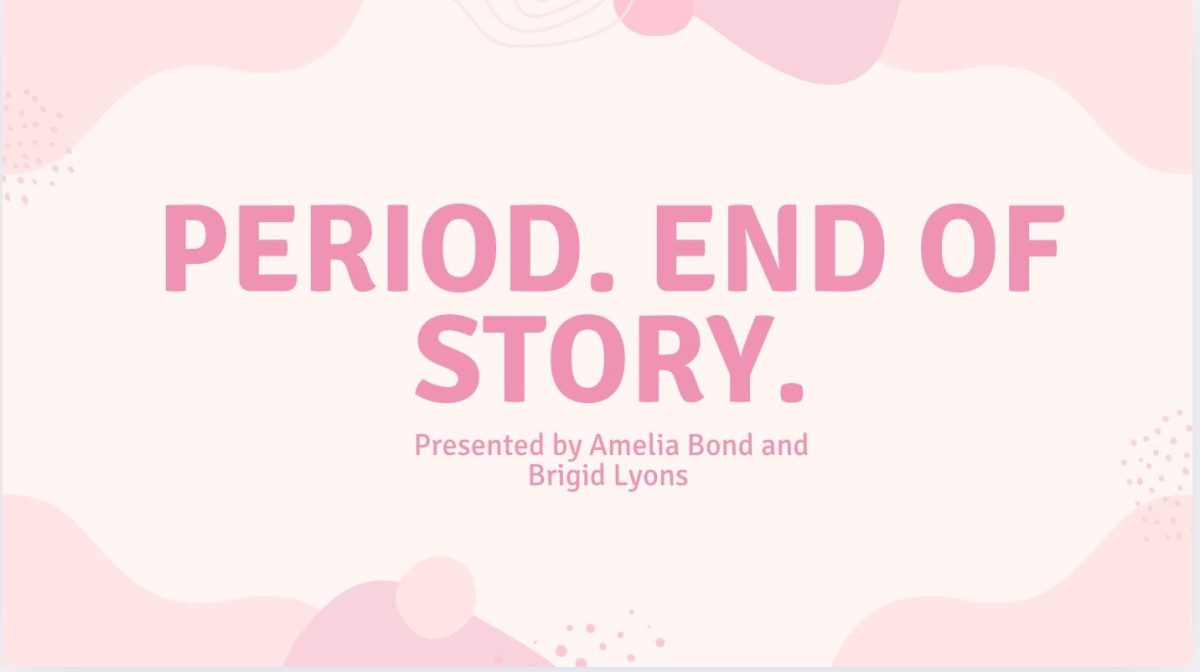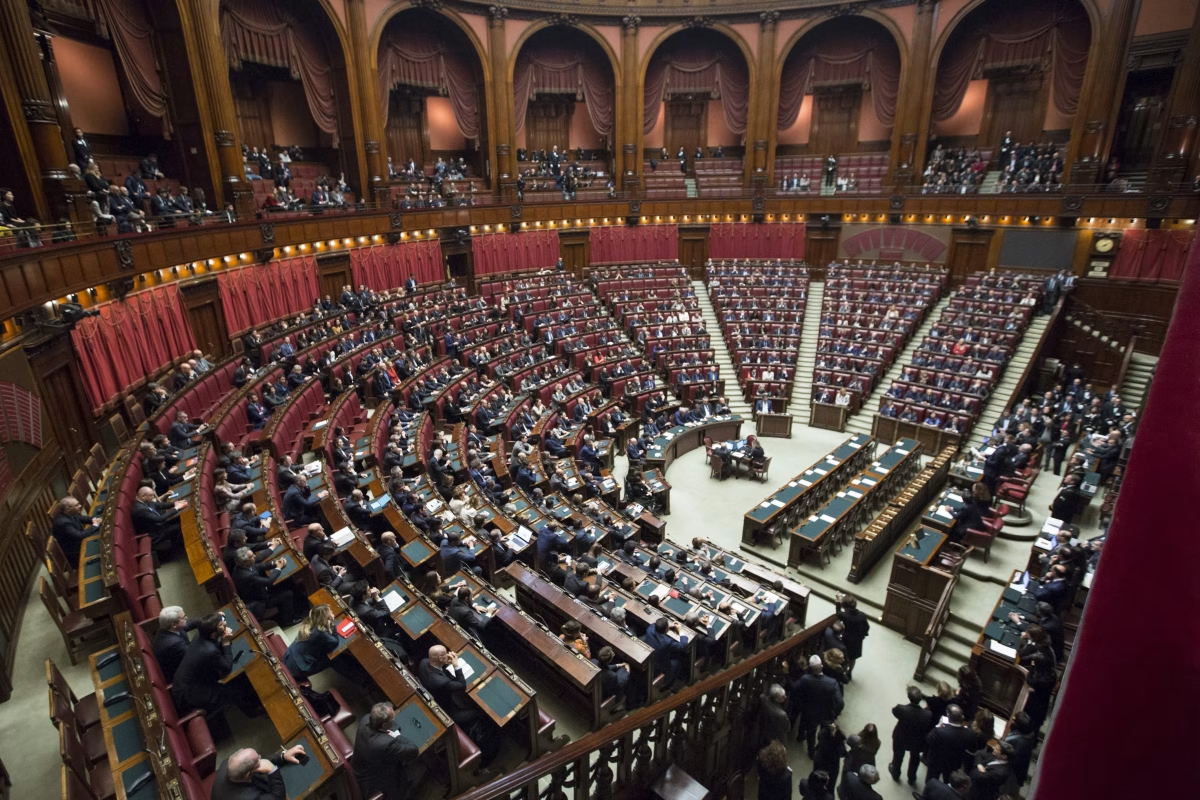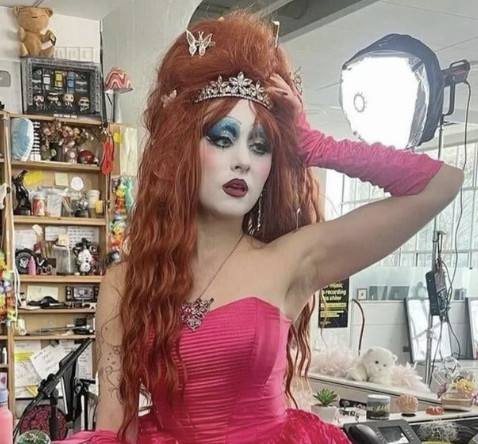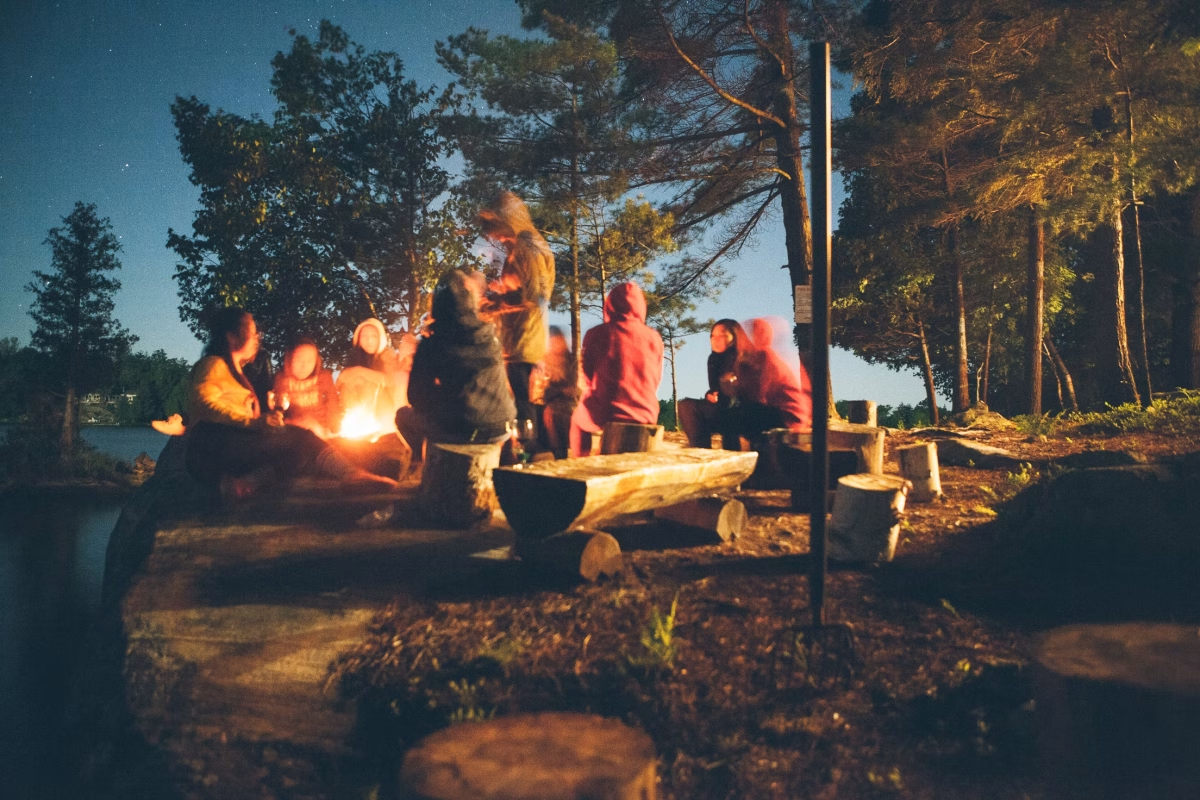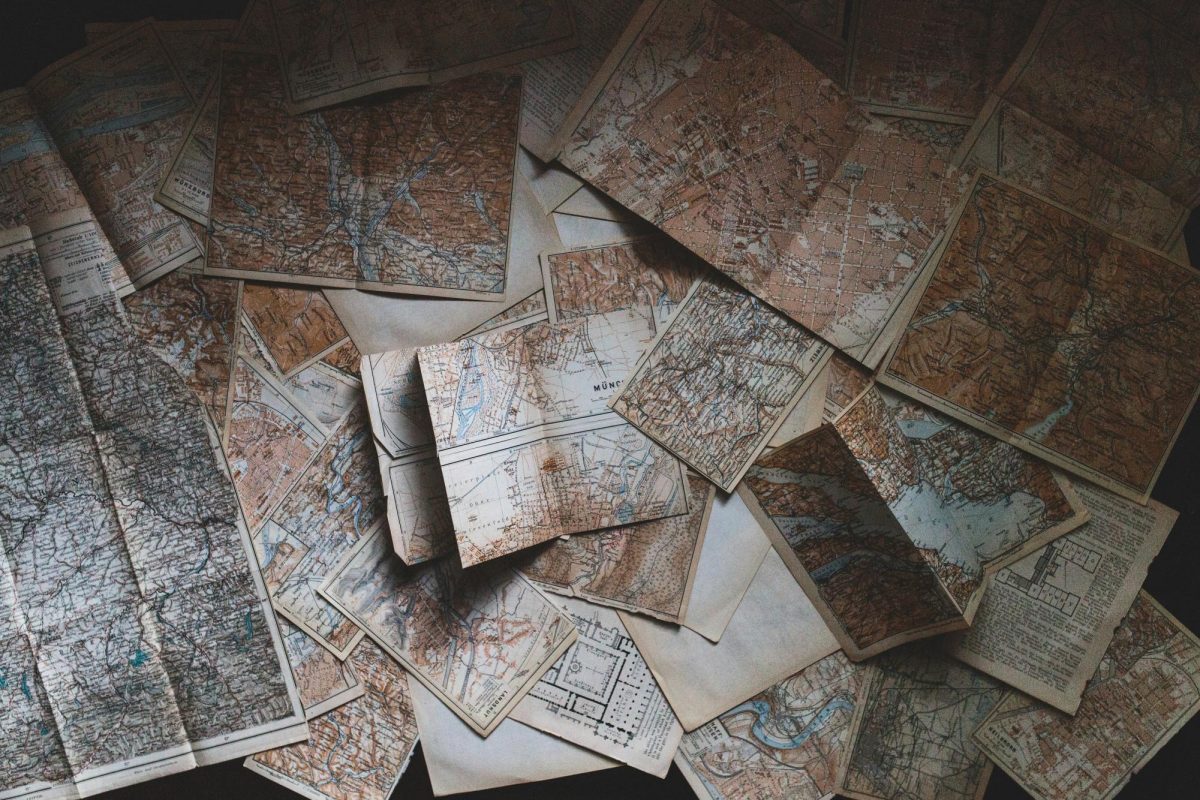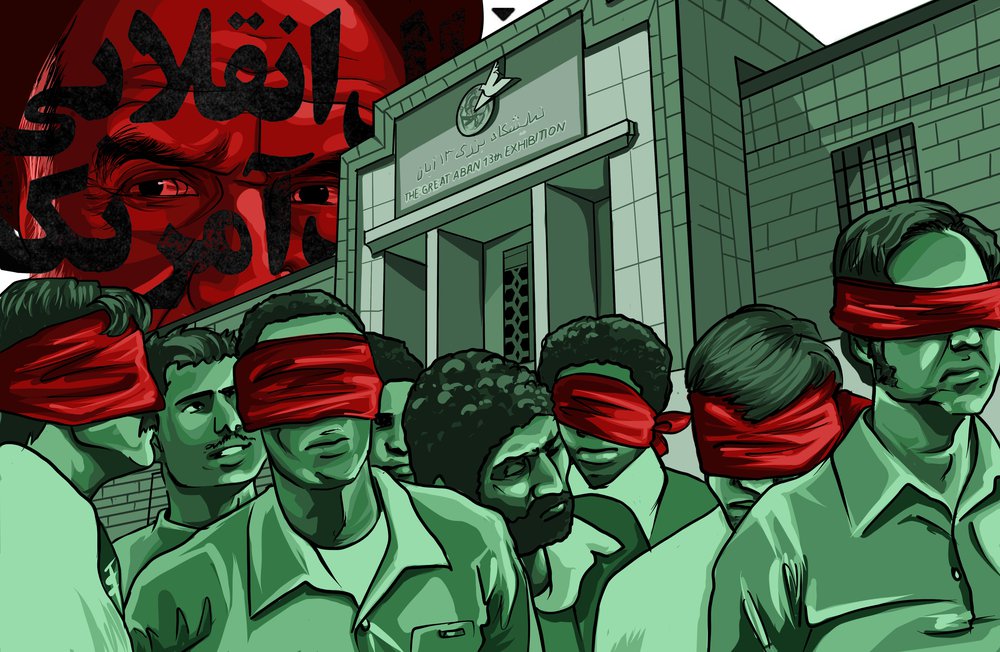“Our fear of death is like our fear of the dark. The unknown is what makes it frightening.” — Stephen King.
I’ve known this quote for a long time, and it always resonated deeply with me. The fear of death has always lingered in my mind. Death was about everything I would leave behind—memories, people, and dreams. It was the unknown that terrified me the most. What happens after we die? I was looking for the answer, but not knowing the direction.
I was looking forward to seeing someone who can tell me more about the death and maybe it also would be helpful for me to get a sense of my life for now. My friend showed me an organization, which is called Hebrew Senior Life. This is a professional organization that takes care of terminal patients. Most people there are terminal patients, some of them are worried about increasing the burden on their families, and some of them are given up by their families. But regardless of the reasons, they all gathered in that organization to enjoy the last station in their life. I saw the pictures online, and despite my expectations, it didn’t look that scary, they had albums in the door of every terminal patient to let people get familiar with them. And their slogan really impressed me: “Our mission is to create the last memorable station for you, not a cold and forgettable station.” I didn’t know what I was hoping to find when I decided to go there. Maybe I thought I would find answers, or perhaps I just needed someone else to speak the words I was too afraid to say. However, I was walking toward the unknown, just as I had been walking through life, fearful of what awaited me in another world.
I hold this curiosity with nervousness and expectations to walk into the Hebrew Senior Life’s room. As I walked into the room, the scent of death I had imagined didn’t appear. Instead, the smiles on their faces radiated warmth and kindness, which took me by surprise, even though the air felt warm in the cold winter. The faint scent of lavender mingled with the sterile and clean smell of polished floors. On the walls, albums and framed pictures showed smiling faces, their eyes highlighting the light of their life. Inside the room sat a group of elderly people, most of them were in wheelchairs, presumably already lost the ability to walk. Wrinkles covered their faces, and their white hair lay lazily on the top of their heads. Some were hunched over, murmuring in low volume, dressed with the pink bibs around their necks, still bearing traces of vomit. But what stood out was the radiant smiles on their faces, exuding a visible sense of happiness. This took me by surprise.
I took out the question that could most reflect my curiosity about death to ask them: Are you afraid of death?
After asking the questions, I automatically felt nervous. I became both excited to hear their answers and afraid that their responses might scare me. Each patient, upon hearing the questions, fell into a brief moment of contemplation. The ticking of the clock on the wall didn’t follow the conversation to stop, continuing its steady rhythm. The passing of time heightened my anxiety, and I began to clench my hands, feeling sweat form on my palms and forehead. I couldn’t wait any longer to hear their answers! Joanna is an old woman dressed up with a beautiful pink frock, she broke up the silence first: “ l am not afraid of death at all. Life is a book, every chapter is together. When you finish this chapter, it will go to the next one automatically. There’s nothing worth remembering there, it’s good enough to only keep the memory in your heart.” She leaned her back in the chair, her frail hands tracing the edge of her teacup. “Life is like a box of chocolates,” she said with a soft chuckle, her voice carrying a warmth that belied her fragile appearance. “Bitter, sweet, sour, spicy—I’ve tasted it all.”
Her words struck a chord deep within me. I had always feared the bitter and sour moments of life, but Joanna spoke of them as if they were a necessary seasoning. Could I learn to embrace them too? I started to ask myself and was momentarily lost in thought. But before I finished thinking of that, Joseph, an old man with his clean blue T-shirt, then continued: “It’s hard to summarize your whole life. When you are trying to recall it, everything just comes to your mind and sticks together. Life may be just a day that you can never go back to like the day you missed yesterday. And the day like today that you are experiencing but don’t know how precious the value of this moment is until it becomes your recollection. Or, it’s the day like tomorrow that you are waiting for, with expectations and nervous emotions.” He continued to say: “Am I afraid of death? No, not at all. There’s nothing you need to be afraid of. God will lead you to heaven, and you will see everything that you are caring about in there.”
After I listened to all of their answers and recorded their stories, I looked at them with eyes filled with surprise and gratitude. I was surprised because none of them were afraid of death. I felt gratitude because it seemed that, at this moment, I had found the meaning of my own life. My heart began to race, and I stood up, deeply bowing to them all. Then, with teary eyes, I expressed my thanks to them.
Before I met those terminal patients, I held this fear of death with me. Death is something that represents a loss to me, and I don’t want to lose anything. But then, sitting among those elderly people, something changed. Their words lingered around my ears, and can’t fade away. For the first time, as I listened to their answers, something inside me shifted. I had come seeking understanding, but I left with something far more valuable—calm. Calm, not from avoiding death, but from accepting it as part of the journey. The fear that had clung to me for so long began to unravel.
I still vividly remember the scene as I walked out of the organization that day. My steps were restful and joyful, and the world seemed brighter. The sunlight didn’t sting my eyes, it just caressed my face like an old friend. For the first time, I felt alive—not because I had eliminated my fear of death, but because I had learned to embrace death. I felt deeply grateful for the opportunity to speak with these terminal patients. They shared profound truths with me—truths I had never known, and I was thankful for every word they said.
After that, I realized that the fear of death wasn’t really about death at all. It was about losing control, about not knowing what comes next. But for now, I understand that life and death are two parts of a whole. It’s not the end I need to fear, but the time I waste in fear of it. So, I choose to live—not for eternity, but for now, for today, for the people who will remember me once I’m gone.
Although death is the final obstacle to me on the way to eternity. But life is always full of surprises. I must love and cherish what l have for now. This experience left an unforgettable memory in my life.


